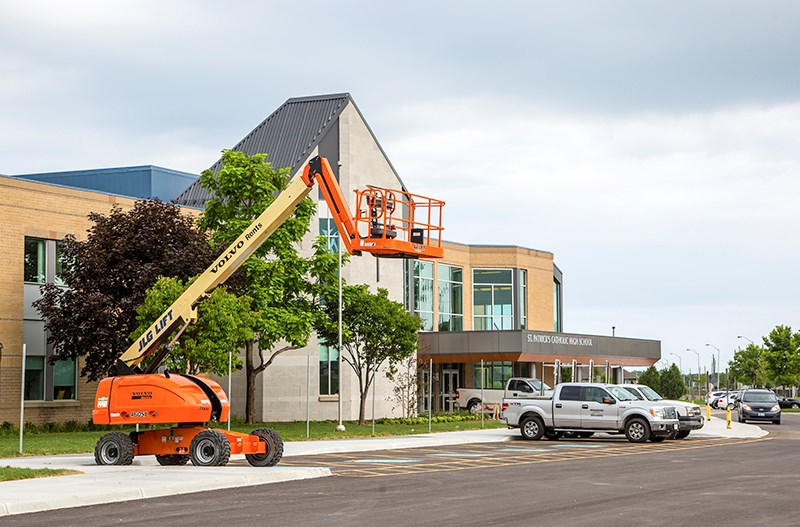Tara Jeffrey
The local Catholic teachers’ union is advising its members not to give medical advice to students regarding vaccination against COVID-19.
“In all honesty, we are teachers, not doctors,” said Chad Coene, president of the secondary unit of Ontario English Catholic Teachers’ Association (OECTA) – St. Clair.
“We know the topic is going to come up in class, but if students have questions about the vaccine for medical advice, or whether or not they should be vaccinated, they should be speaking to their parents or guardian, a health care professional — someone who is an expert in that field.”
Coene, who represents about 180 secondary teachers at St. Patrick’s in Sarnia and Ursuline College in Chatham, sent the direction to members after a number of teachers approached him for advice on the issue.
Ontario had earlier provided pro-vaccination information to students ages 12 to 17 advising them to “Talk to a teacher, parent or adult that you trust before getting the vaccine.”
The OECTA messaging warning that members who provide advice to students about vaccination — or any medical advice — could put them at risk of complaints to their employer or Ontario College of Teachers.
“When I put the messaging out, I got varying responses,” Coene said, noting many teachers were happy to have some guidance, while others felt it their duty to provide more information to students.
“I feel like we have a responsibility to share public health information about the COVID-19 vaccine in a respectful way,” said one local teacher, who asked to remain anonymous.
“It just seems the way OECTA voiced the advice runs the risk of silencing important discussions and information sharing that could be occurring in classrooms… especially in our area where there is so much dissent regarding vaccine passports, and some of the lowest vaccination rates in the province.”
“I am very aware that not everyone believes the science and facts about vaccines and public health surrounding this pandemic or shares my view that becoming vaccinated against COVID-19 is a socially responsible decision,” the teacher added, noting even Pope Francis has appealed for Catholics to get vaccinated, calling it an “act of love.”
“But I certainly don't think that means teachers should be discouraged from conveying facts and direct advice from public health officials in our classrooms.”
Lambton Public Health said as of Friday that 69% of youth ages 12 to 17 are fully vaccinated, compared to 74% in Ontario for that age group.
Coene noted that discussions about vaccines are fine if they’re in the curriculum for say, biology or civics classes, and pointed to OECTA’s support for mandatory vaccinations in schools.
“You can guide the students to where they can find medical advice, and say, go home and have a talk with your parents about this, direct them to public health Ontario and the local health unit — those are all good sources of information for them to access,” he said.
Ontario Secondary School Teachers’ Federation (OSSTF) District 10 president Jennifer Kumpf said she hasn’t heard concerns from teachers in the public board, after similar messaging was sent out at the onset of vaccination rollout in Ontario.
“From our perspective it’s pretty straightforward — medical advice in general is not something our OSSTF members are trained to provide,” she said.
The union supports maximized vaccination of all eligible teachers and students and encourage families to seek medical advice from health care professionals, she said.
